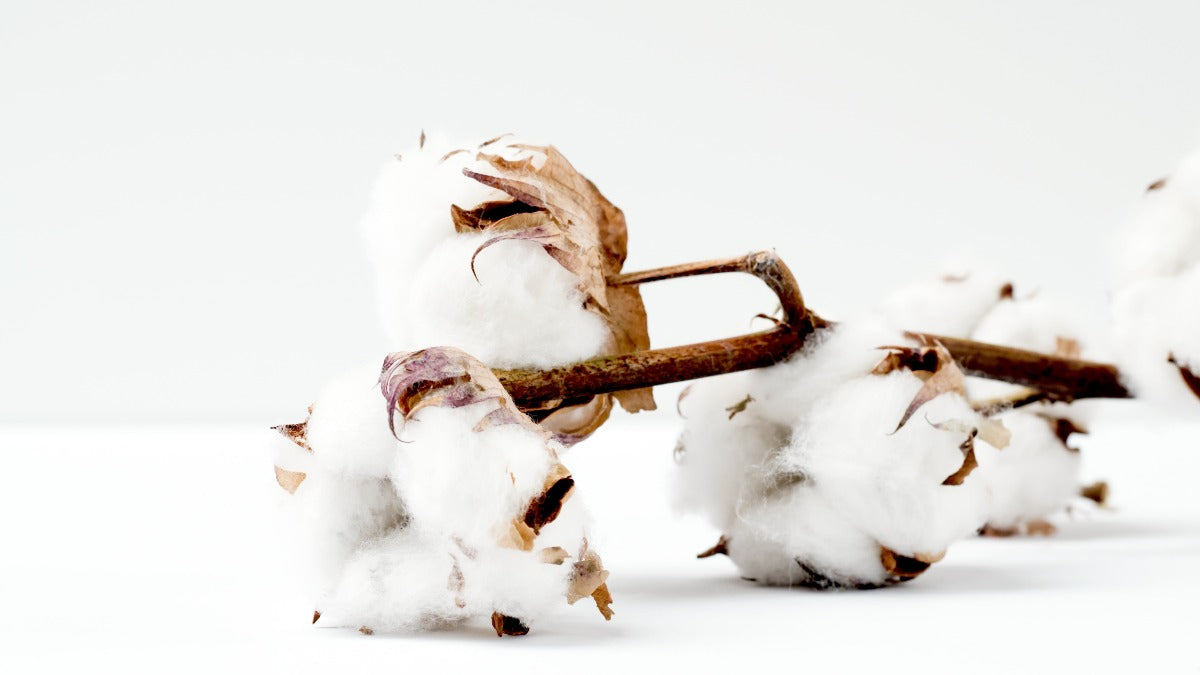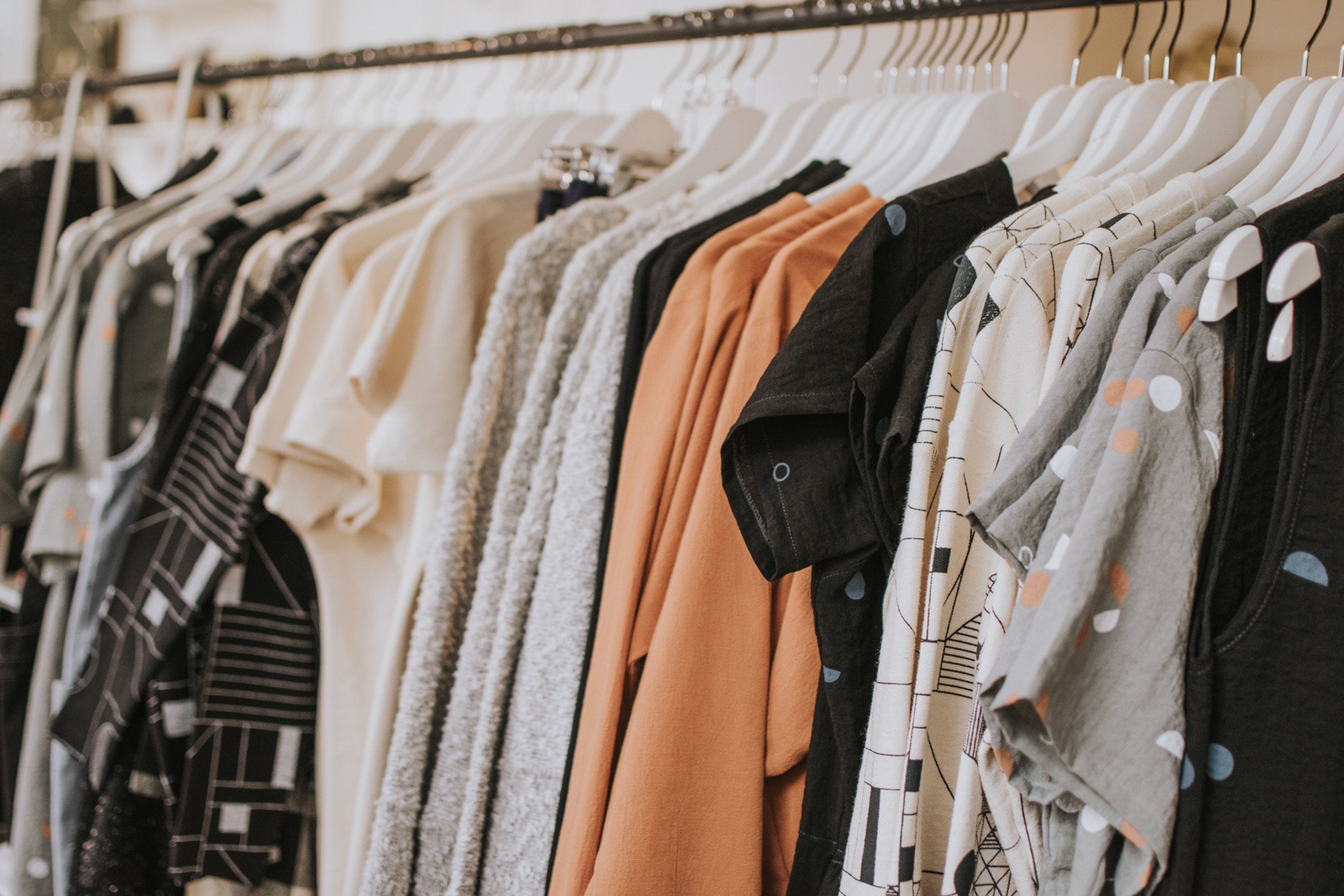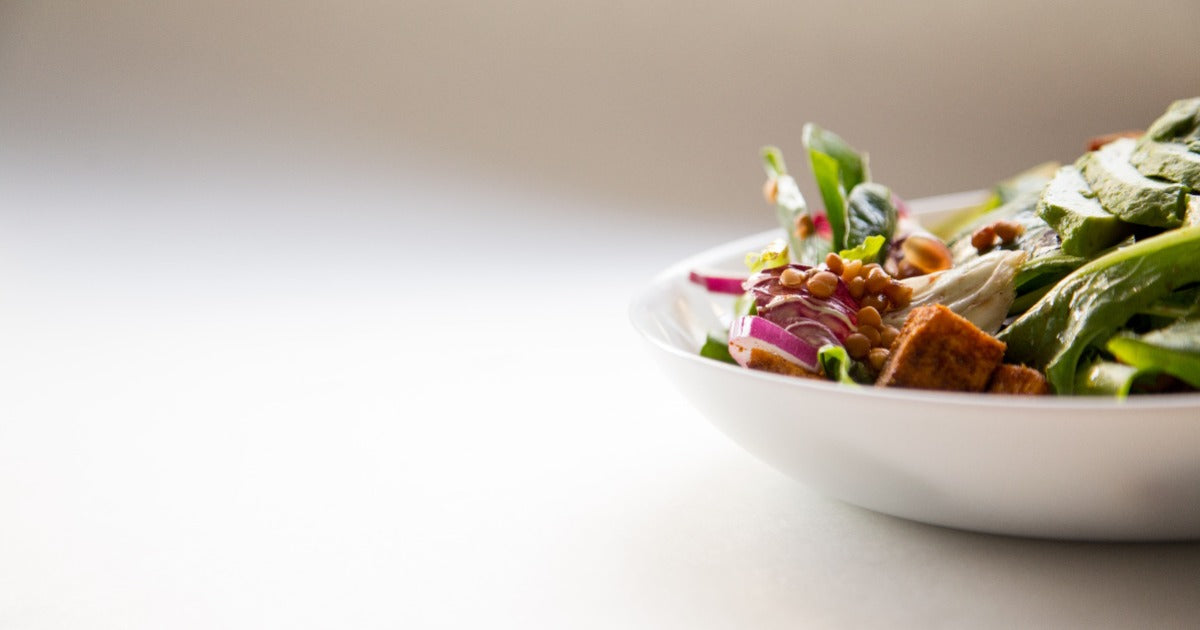We often hear about eco-design and organic or recycled materials... but what does that actually mean?

In this new article, we will focus on organic cotton, and all the questions related to this material which is becoming more and more popular in the production of ecological textiles.
Let's start with two short definitions.
As you can see, organic cotton is just like conventional cotton, but made without chemicals. It's now found in many everyday products, such as clothing, shoes, and home accessories, as well as toys, diapers, and beauty products.
Question 1 | What is the difference with classic cotton? Is it really better?
If the textile industry is one of the most polluting, the massive use of cotton is not for nothing! Indeed, cotton fiber represents more than half of the world consumption of textile fibers , just that. Although it is widely used, its production is nonetheless one of the most polluting, first of all for the planet, but also for humans because according to the WHO, among farmers, nearly 22,000 die each year due to exposure to toxic products.
You will have understood that conventional cotton cultivation is therefore very harmful. This is where organic cotton comes in: less capricious, it requires much less water than its competitor, because it thrives very well on rainwater. No need for GMOs to be softer, more flexible and thicker. Goodbye chemical fertilizers and pesticides, hello natural compost!

Despite this, conventional cotton remains far more popular, with over 17 billion tonnes sold annually, compared to 2 million tonnes for organic cotton. But hey, there's still work to be done.
Question 2 | Less pollution, yes, but is it really better?
It is important to emphasize that organic cotton is not easy to grow, and its production is not feasible everywhere..! Certified organic cotton can be found in 22 countries, however, it is important to know that nearly 90% of global production comes from the top 5 producing countries: India, China, Kyrgyzstan, Turkey and Tajikistan . In other words, nothing very local, and therefore, cotton that travels many times to come and dress you. It is not very eco-friendly but what can be better?
Unfortunately, we haven't found the magic answer to this question, because today it's still the best alternative to conventional cotton. Making the transition from one to the other is a good step for the planet.
We have good news for our American friends, however! While there is no organic cotton production in Europe, there is some in the United States, and almost 5,000 tons in total (3% of the total organic cotton production), it is therefore possible for American textile companies to source locally.
Question 3 | "I think it's too expensive, why such a high price?"
We're just like you, and we're not going to lie to ourselves, we don't want to spend a third of our income on fashion items, even if they're made of super soft cotton. We're not going to lie to ourselves, consuming responsibly is often synonymous with "breaking the bank," but actually, if we look at it more closely, not so much. I'd even say it's mainly about consuming differently.
Indeed, today it represents a higher cost because recycled or organic materials come from further away, are rarer, and cost more to produce. But all things considered, if we think about it, by agreeing to pay a higher price, we encourage good initiatives and the development of eco-responsible solutions. An extra ten euros for fair working conditions, for a reduced carbon footprint, and by protecting our beloved little earth, it seems so little. In the end, we can choose to consume less, but better, and the budget will remain the same. As everyone becomes more aware, the demand for products from responsible fashion will increase and we will have more and more choices.
Question 4 | How can I be sure that the cotton is organic?

There are labels that certify that a product meets standards. The best known is certainly GOTS (Global Organic Textile Standard), which ensures that organic cotton has been treated socially and sustainably, from the harvesting of raw materials to labeling. The conditions for being labeled are as follows: the textile product must contain at least 95% certified organic fibers to obtain the term "organic"; to be defined as a product "made of organic fibers," it must contain 70% certified organic fibers.
Then there is also OCS (Organic Content Standard) which applies to any non-food product containing 95 to 100% organic materials. This is done by verifying the presence and quantity of organic materials in a final product and tracing raw materials from their source to the final product. Any producer/supplier can apply to obtain this label.
If you're still not convinced, then perhaps your favorite celebrities will convince you. Many of them favor textiles made from organic cotton. To name a few: Angelina Jolie, Emma Watson, and Natalie Portman . Stella McCartney has also decided to create a collection entirely made from organic cotton.

At SAOLA, we're already convinced. We've decided to use only organic cotton for our shoelaces. And we're really happy with the result! The laces are durable, flexible, and very soft. Our GOTS-certified supplier is located in China, and since our production is in Vietnam, this minimizes the movement of raw materials.
In summary, the advantages of organic cotton are the less polluting methods and materials used, the farmers who grow it do not risk their health , and finally, numerous certifications ensure respect for the environment during the production and processing processes. This cotton is not without its drawbacks, however: its production is mainly in Asia, so it involves a long journey to reach us, Westerners.
While we wait for new innovations, we still recommend choosing organic cotton over other materials, as you'll be investing in water conservation, better soil, and cleaner air for farmers. And that's a beautiful thing.
Sources:
https://www.victoria-vestra.com/is-organic-cotton-really-better/
https://www.wedressfair.fr/matieres/coton-biologique
https://organiccottonplus.com/pages/learning-center#questions-and-answers
https://www.larousse.fr/dictionnaires/francais/




